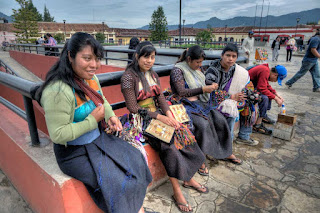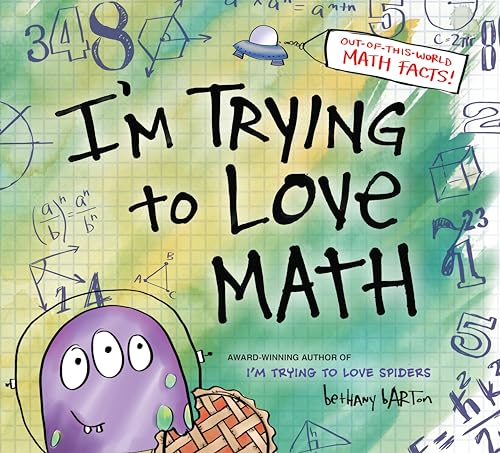Critical thinking is a vital part of the education process. Engaging students in the development of critical thinking skills can lead to analysis and synthesis, leading to the creation of new ideas for goods and services that ultimately will benefit the citizens of all countries.
Consider that critical thinking occurs when
students' affective filters (anxiety levels) are low. They will be lower when
they are talking with one another than talking in front of the class,
responding to teacher questioning.
Another point is to have students use
critical thinking when researching by using higher thinking skills of analysis
and synthesis, such as investigating a topic from multiple perspectives by
using a variety of sources. When I wrote nonfiction books about photography, I
would do just that. Here's how: When I read through an article, I would write
questions I'd have about material in the article that weren't answered in
it. Then I'd research an additional article looking for the answer that I
had questions about from the first article. This works out well. It would be a
good idea for to model this for students before you do a research project.
Consider metacognition, which is thinking
about your own thinking. Teachers can do this by modeling think-alouds. Think-alouds
provide readers time to pause while reading, so that they can clarify their
thoughts about the content of a reading selection.
When a teacher models engagement in this
process, he/she will do it aloud to model verbalization of thoughts. They can
begin by saying, "When I begin to read fiction, I read the first few
paragraphs to figure out what the setting and plot are, along with what the
characters are like (character traits) (Block & Israel, 2004).
Block, & Israel, S. E. (2004). The ABCs of
Performing Highly Effective Think-Alouds. The Reading Teacher, 58(2),
154–167. https://doi.org/10.1598/RT.58.2.4

